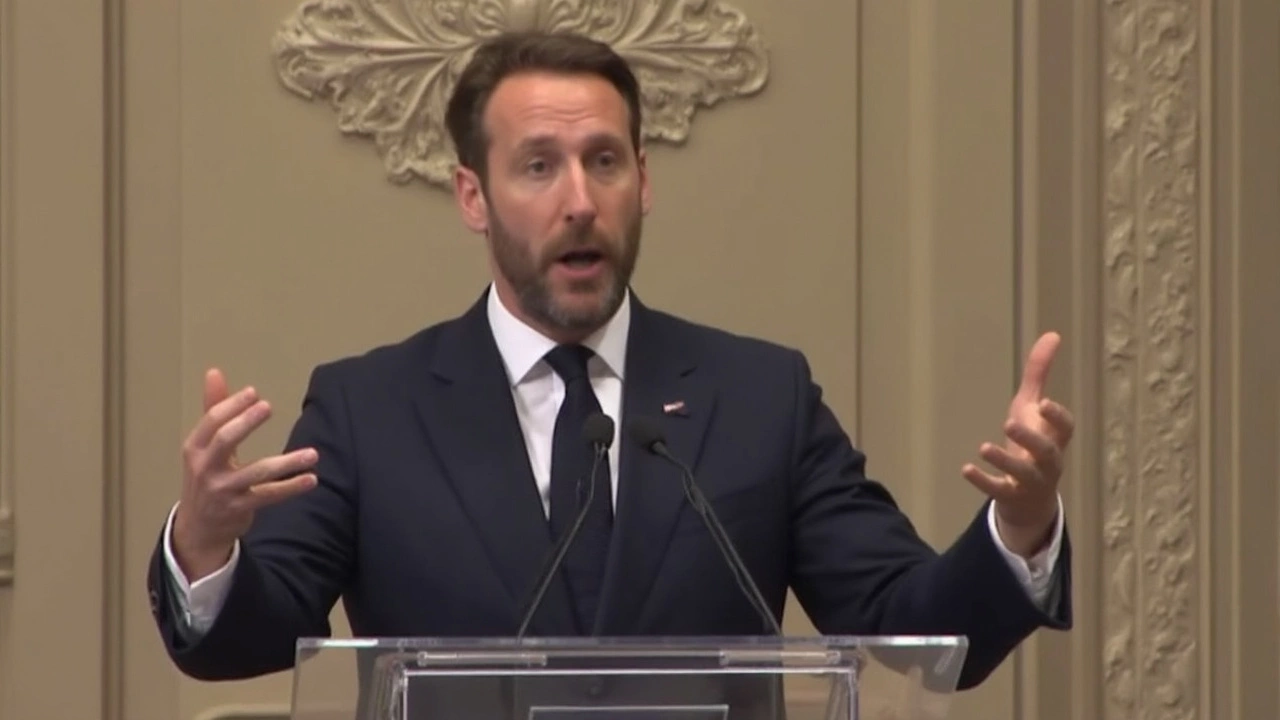Southgate's Critique on Social Media's Influence
Sir Gareth Southgate, in the 2025 Richard Dimbleby Lecture, shed light on a concerning trend affecting young men in the digital age. He raised alarms about how certain social media influencers – whom he labeled as callous and manipulative – are effectively taking the place of traditional father figures. These influencers, driven by self-interest, promote harmful ideals, such as linking success solely to wealth or power. They often discourage the open expression of emotions, painting emotional vulnerability as a flaw rather than a strength.
Southgate was particularly critical of how these online personalities present a distorted view of the world. By portraying life, and particularly women, as adversarial, they sow seeds of isolation and skewed perceptions of masculinity. This adversarial mindset, according to Southgate, lacks the substance and genuine understanding needed for young men to thrive in real-world relationships.
The Urgent Need for Real-World Mentorship
Southgate emphasized the importance of real-world mentorship, which he sees as rapidly declining. Without constructive guidance and communities that nurture growth, young men increasingly turn to unhealthy online distractions like excessive gaming, gambling, or even pornography. This reliance on virtual substitutes only exacerbates feelings of loneliness and detachment.
To counteract this, Southgate stressed the importance of resilience-building, which he believes is often developed through personal failures. He shared his own experience of missing a penalty in Euro '96, and how this moment was pivotal in building his inner strength. Such experiences, he argues, offer critical opportunities for growth and learning.
Southgate called for a societal shift where character is prioritized over status. He believes leaders and mentors should serve as models of empathy and responsibility, guiding young men in a world that often rewards superficial achievements. He emphasized creating a culture where mistakes are not grounds for ridicule but are seen as valuable life lessons.
Moreover, Southgate highlighted a stark reality affecting the youth today: the 'epidemic of fatherlessness'. He cited that 2.5 million children in the UK are affected, a factor contributing to severe mental health challenges. This absence of paternal figures is further linked to the troubling statistic that suicide is the leading cause of death for men under 50. Southgate's plea was not just a call for attention but a rallying cry for action towards a more grounded and supportive framework for guiding young men into adulthood.

Write a comment